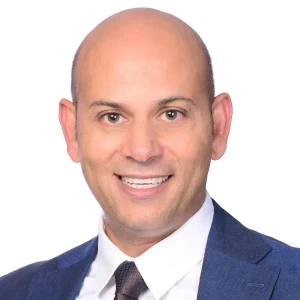Hello,
I had a few questions about Energy Insights analysts at Mck.
1. What are the main differences between the career paths of a typical business consultant and an energy insights (EI) analyst at Mckinsey? How does the career progression differ? Is there a big difference in terms of compensation and benefits?
2. Is an EI analyst position considered less ‘prestigious’ than other typical business consultant positions?
3. Do EI analysts typically have a client-facing role or is it more of an internal supporting role?
4. What are the odds of making a shift to the typical business consultant path after 1-2 years?
5. Finally, is the interviewing process any different than the typical consultant role? Is it less stressful/harder from the business case perspective? Should the interview preparation be any different?
Thanks for your feedback in advance.















